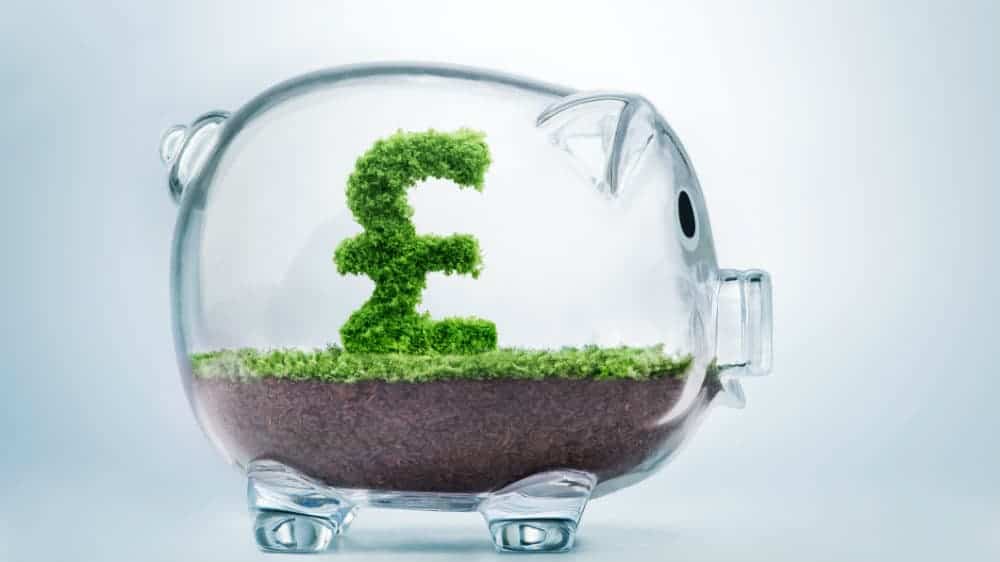What is equity? It’s one of those words we hear a lot, but it’s not always clear what it means. If you’ve ever wondered what equity actually is and how it works, here’s what you need to know.
What is equity?
In short, it means ownership. So, if you own something valuable, like a house, you have ‘equity’ in it.
But what does it mean to have equity? Why don’t we just say we own something? Well, because although it means ownership, it’s a little more complicated than that.
Think of equity as a measuring tool. It allows us to:
- value how much our ownership is worth
- determine how much we can sell something for
In other words, equity matters because it’s more than ‘just’ ownership. It’s a financial tool. And although it means slightly different things depending on the context, equity always comes down to financial value.
Here’s how it works in different contexts.
Home equity
This means how much of the property you own outright. So, if you’ve got a mortgage, you don’t truly ‘own’ the whole property. Your lender has an interest in the property until you pay off the home loan completely.
Does this mean your lender owns part of your property? No. It just means that if you sold your house tomorrow, you’d need to use some of the sale proceeds to pay off your home loan.
- When we talk about home equity, we’re talking about how much your ownership is worth (remember, it’s all about value).
- Take your home’s value and deduct any mortgage liabilities – that’s your equity.
Here’s an example:
- You bought a house for £100,000 and paid a 20% deposit (£20,000).
- Next, you took out a mortgage for the remaining 80% (£80,000).
- Although the property is worth £100,000, you only officially ‘own’ 20% of it.
In this example, your equity is £20,000. The number increases over time as you pay down the mortgage, and you can use the value in your home to finance other projects like home improvements.
Shareholders’ equity
Shareholders’ equity means your company’s ‘book value’. In other words, it’s the value remaining when you deduct debts and liabilities from the company’s assets.
You can find the book value on the balance sheet.
- Liabilities include debts, monthly payments and utility bills.
- Assets include land, property and equipment.
Here’s a simple example to make it clearer:
- Your coffee shop has £10,000 in assets and £7,000 in liabilities.
- The shareholders’ value is £3,000 (£10,000 – £7,000).
Equity ownership
Aside from shareholders’ equity, the term can mean a number of things in the business world.
Market value
How much a company’s worth if it’s sold on a particular day. This varies depending on share prices and market conditions, but it’s a useful way to value a business.
Equity in stocks
If you own stocks in a company, you own a portion of it. So, if you’re an investor and you have stocks, you have equity in that company. You can either own ‘common’ stocks or ‘preferred’ stocks (stocks with additional benefits like voting rights).
How do you determine stock equity? It’s essentially the cash value you could sell the stock for on any given day. Again, it’s a fluctuating value.
Personal equity
Think of personal equity as a combination of everything above. It’s the sum of all of your assets. So, it includes:
- home value
- ownership interests in a company
- income from stocks and shares
You calculate the sum by subtracting any debt or financing you used to purchase these assets.
How can you increase your personal equity? You could, for example:
- invest money
- buy stocks and shares
- invest in a startup
The best part? You can grow your wealth over time.
Takeaway
What is equity? Well, it essentially puts a price tag on how much your ownership is worth. It’s an invaluable tool for calculating how much you can sell assets for, and, more importantly, it’s something you can grow in the long-term.
If you want to grow your own ‘pot’, think about learning how to invest money. It might also be worth seeking some financial advice to make sure you stay on the right track.







